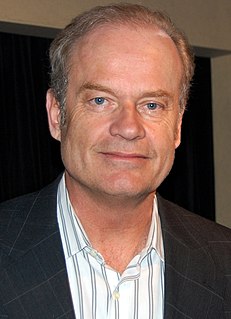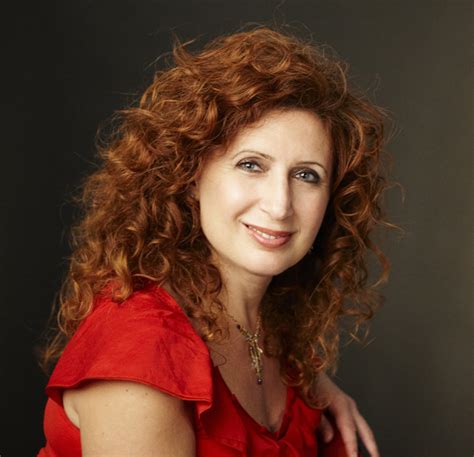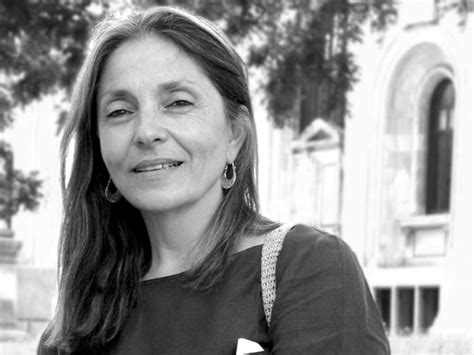A Quote by Kelsey Grammer
Alexander Pope once wrote that the theater aspires to wake the soul by gentle strokes of art - to raise the genius and to mend the heart.
Related Quotes
There are those hearts, reader, that never mend again once they are broken. Or if they do mend, they heal themselves in a crooked and lopsided way, as if sewn together by a careless craftsman. Such was the fate of Chiaroscuro. His heart was broken. Picking up the spoon and placing it on his head, speaking of revenge, these things helped him to put his heart together again. But it was, alas, put together wrong.
Where was he, her Alexander, of once? Was he truly gone? The Alexander of the Summer Garden, of their first Lazarevo days, of the hat in his hands, white toothed, peaceful, laughing, languid, stunning Alexander, had he been left far behind? Well, Tatiana supposed that was only right. For Alexander believed his Tatiana of once was gone, too. The swimming child Tatiana of the Luga, of the Neva, of the River Kama. Perhaps on the surface they were still in their twenties, but their hearts were old.
The shortest way to arrive at glory should be to do that for conscience which we do for glory. And the virtue of Alexander appears to me with much less vigor in his theater than that of Socrates in his mean and obscure. I can easily conceive Socrates in the place of Alexander, but Alexander in that of Socrates I cannot.
A group of four cardinals wrote to [Pope] Francis accusing him of sowing confusion on important moral issues, and they asked for clarifications. He did not reply. And one of the signatories, the American Cardinal Raymond Burke, said if the pope does not clarify, he will proceed with what he called a formal correction of the pope after Christmas.
Capturing the beauty of the conversion of the water into wine, the poet Alexander Pope said, "The conscious water saw its Master and blushed." That sublime description could be reworked to explain each one of these miracles. Was it any different in principle for a broken body to mend at the command of its Maker? Was it far-fetched for the Creator of the universe, who fashioned matter out of nothing, to multiply bread for the crowd? Was it not within the power of the One who called all the molecules into existence to interlock them that they might bear His footsteps?

































